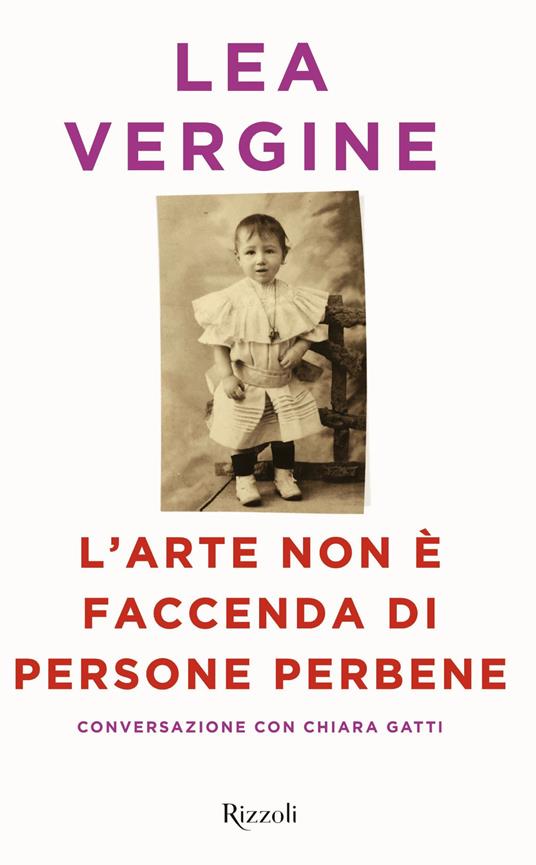
L'arte non è faccenda per persone per bene
"What is more mysterious than the fact that a person can, in front of a painting of abstract signs, feel an almost painful emotion?" Pain, laceration, or rather the "maceration of the soul," seem to be the dominant notes of Lea Vergine's life. Who in these pages tells her story with the panache of the thoroughbred intellectual and the frailties of a woman who has never put life aside. From her Neapolitan childhood ("One is not born in vain on the slopes of the Volcano"), divided between two families, to her exclusive relationship with a father who left too soon, with that always bewildered look she had since childhood that would become almost a destiny. And then the adult life, the choice of a nonconformist profession, the Roman years, the galleries, the avant-garde and politics, the friendship with Cioran and Manganelli. Until his landing in Milan, among the protagonists of the great season of the 1960s (Gillo Dorfles, Arturo Schwarz, Silvana Ottieri, Camilla Cederna, etc.). A tale without relenting, neither toward the sacred monsters of art nor toward herself: "Without haughtiness, however, I have never feigned modesty: whoever faces something as enigmatic as art cannot afford to be modest. But neither can it afford not to be humble." Thus art becomes a school of rigor, then, but also a sublime disease, "a shadow of love." There are many stones in this tale, for what is found in its folds is always the attempt to give weight to what is by principle ineffable: art, love, life itself. Attempts that need strong arms and are perhaps doomed to failure. Especially if we are under the illusion of art's reassuring function. Because "art is not the business of decent people. It is useless for the viewer to look in the vision of a work of art for something to comfort him. He will only find something that will tear him apart. It will be up to him to decide how to use it."
Publication date: 10.11.2016
Publisher: Rizzoli